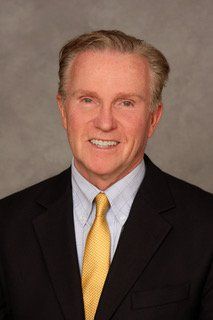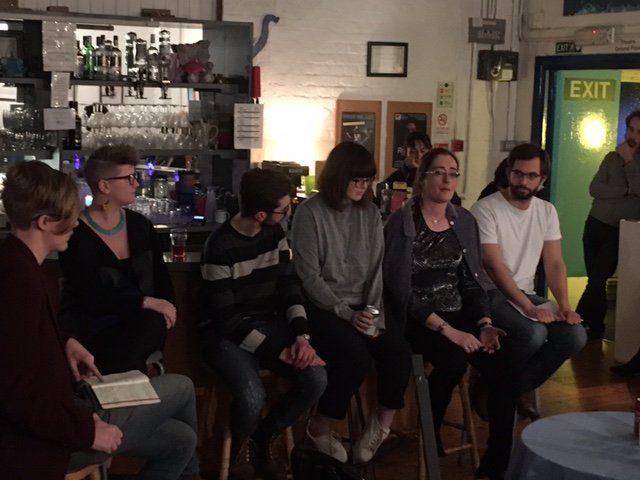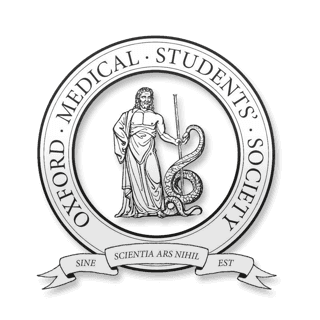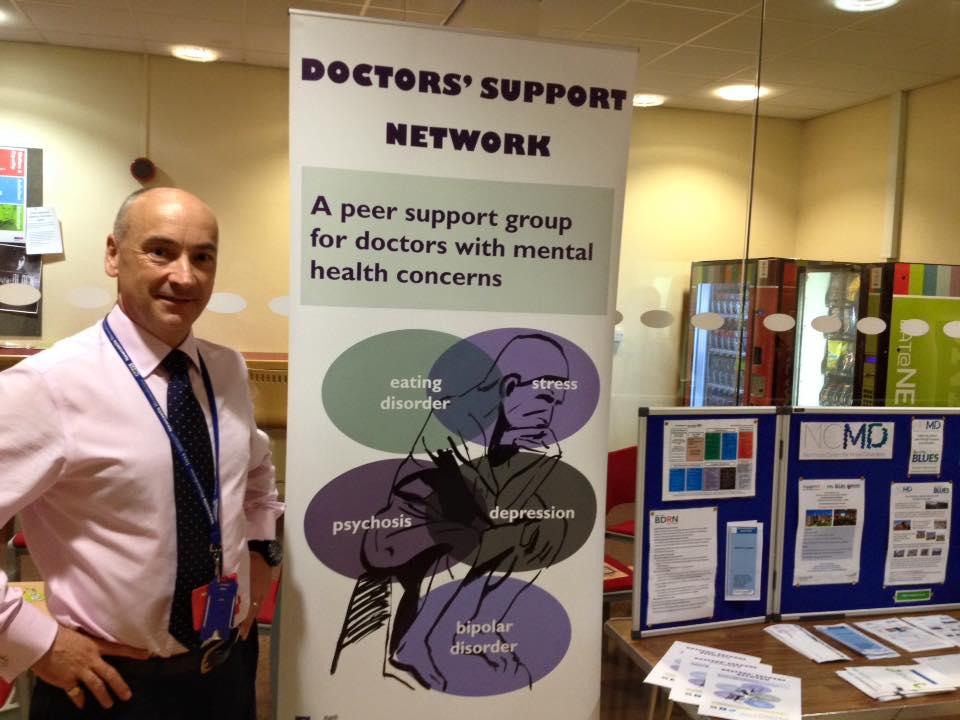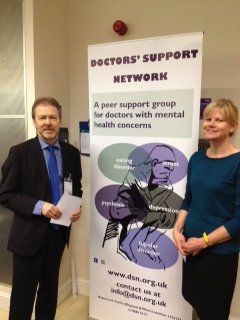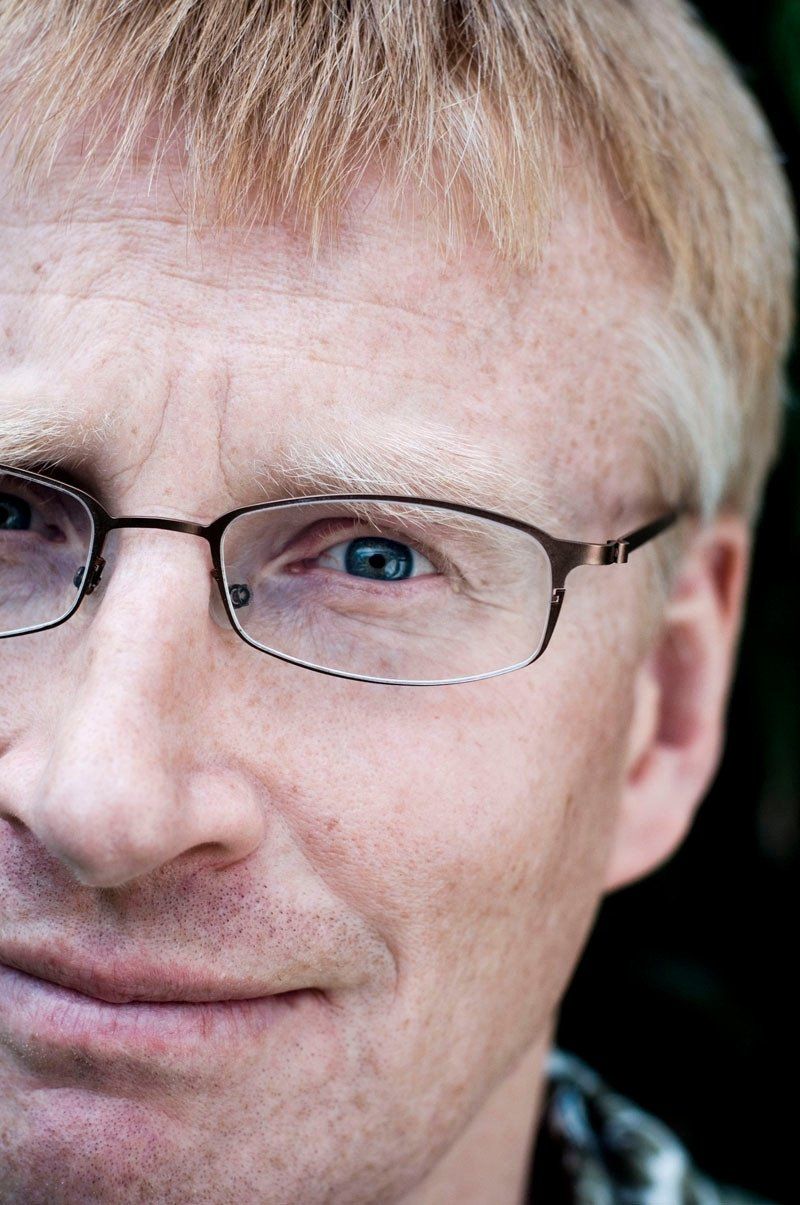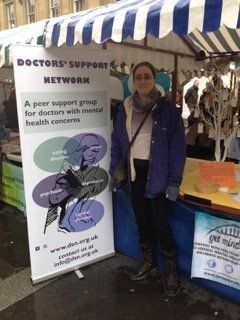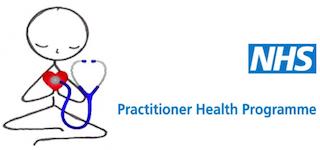For more than two years I have been talking with those who are willing
to share their story and understanding of the physician loved one,
colleague/friend, or treating doctor whom they’ve lost. In the pages that
follow, you will hear their voices, and I will share what I have learned from
them, as well as from another, equally significant population--physicians
(including some of my own patients) who have attempted suicide and did not die. They are able to provide unique and invaluable information about
the ideas and emotions that led to their decision to kill themselves as well as
the ways in which their near-death experience and second chance at living
have fundamentally changed them.
Although suicide has been with us since the beginning of time, it remains
a very taboo subject in our society. Many people do not want to know
about it and when they do they want to push it way, to forget about it,
trying hard not to remember. I am only too aware of this. I sense it when I
face the resistance to my research or the derision I get from a few of my
colleagues about “being obsessed with suicide”. We write about very
different subjects but I feel great kinship with the late Elie Wiesel. In
accepting the Nobel Peace Prize in 1986, he said, “…I have tried to keep
memory alive…I have tried to fight those who would forget. Because, if we
forget, we are guilty, we are accomplices.”
As painful as suicide is, we must remember our brothers and sisters in
medicine who could not go on, whose lives were so tragically interrupted.
Many of the people with whom I spoke in preparation for writing this book
have told me that they were sharing their stories because they didn’t want
their loved one to have died in vain, and they hoped what they had to say
would in some way contribute to saving the life of another despairing
physician.
In the words of Dr. Edwin Shneidman who was a Professor of Psychology at UCLA, esteemed researcher, prolific author and giant in the
study of suicide: “Postvention is prevention for the next generation.”
